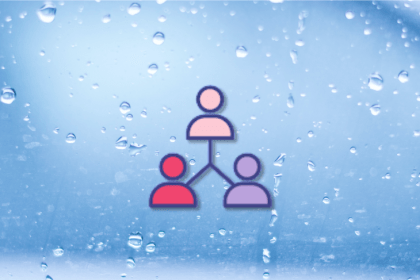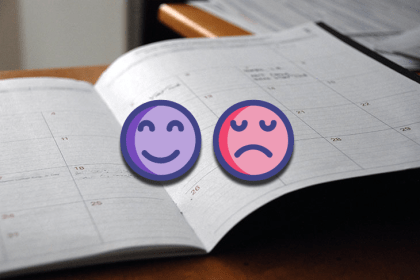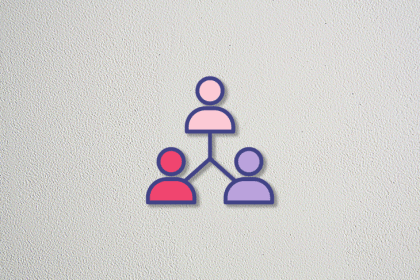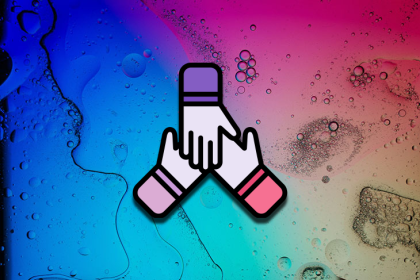
Synergy occurs when you work as a group to deliver more value than you would’ve through individual efforts.

Team topology is the way of organizing teams, responsibilities, flows, and communication by defining the accountabilities each team has.

With internal products, the PM has to navigate internal stakeholders and company politics, as well as change management and adoption.

A scrum master serves a team by coaching team members to understand agile and scrum values, principles, and practices.

A reverse trial puts a full version of the product in front of the user upfront and then takes away features unless they agree to pay more.

As you can probably guess, “death by PowerPoint” is a term used to describe presentations where the presenter ends up losing their audience.

Niko-Niko is an effective practice in agile product development used to boost the happiness and well-being of product team members.

Good leaders are less interested in the how and more interested in pushing their team towards achieving the end goal.

Facilitation involves making collaboration easier by allowing your team to accomplish more than the sum of its parts.

The ladder of inference is a tool you can use to evaluate whether your thought process is based on reality or an assumption.

Stakeholder mapping is a simple method for understanding your stakeholders’ landscape, including their power, interest, and attitude towards your product or initiative.

Fostering an experimentation culture tends to be a lot harder for bootstrapped companies than for companies who can afford to take the risk.